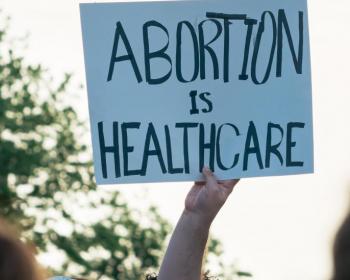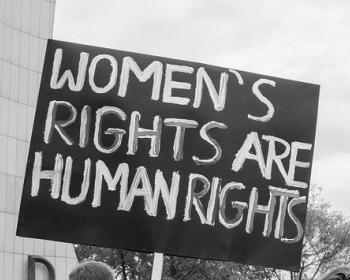reproductive rights
India recently withdrew its data protection bill, putting the data of over a billion people at risk. This article explores how lack of data protection puts abortion seekers at particular risk in a society that rejects abortions.
In light of the illegal status of safe abortion, abortion seekers turn to the internet to access credible related information. Shruti Arora discusses how women in India and Poland challenge the abortion ban, and how online resources help them seek authentic information for safe abortion.
In December 2020, the Korea Communication Standards Commission issued a ruling to block access to womenonweb.kr, a website that provides information on women’s sexual and reproductive health and rights. The undersigned organisations support Open Net’s filing of a suit to cancel this ruling.
When countries invoke peripheral laws such as pharmaceutical violations or conscientious objection clauses as justification for blocking, restricting, or limiting abortion access, they are invariably creating additional barriers, not upholding legal integrity.
This joint statement welcomes the resolution on elimination of discrimination against women and girls adopted at this HRC session, which focuses on multiple and intersecting forms of discrimination faced by women and girls and the measures states should take to address the same issues.







